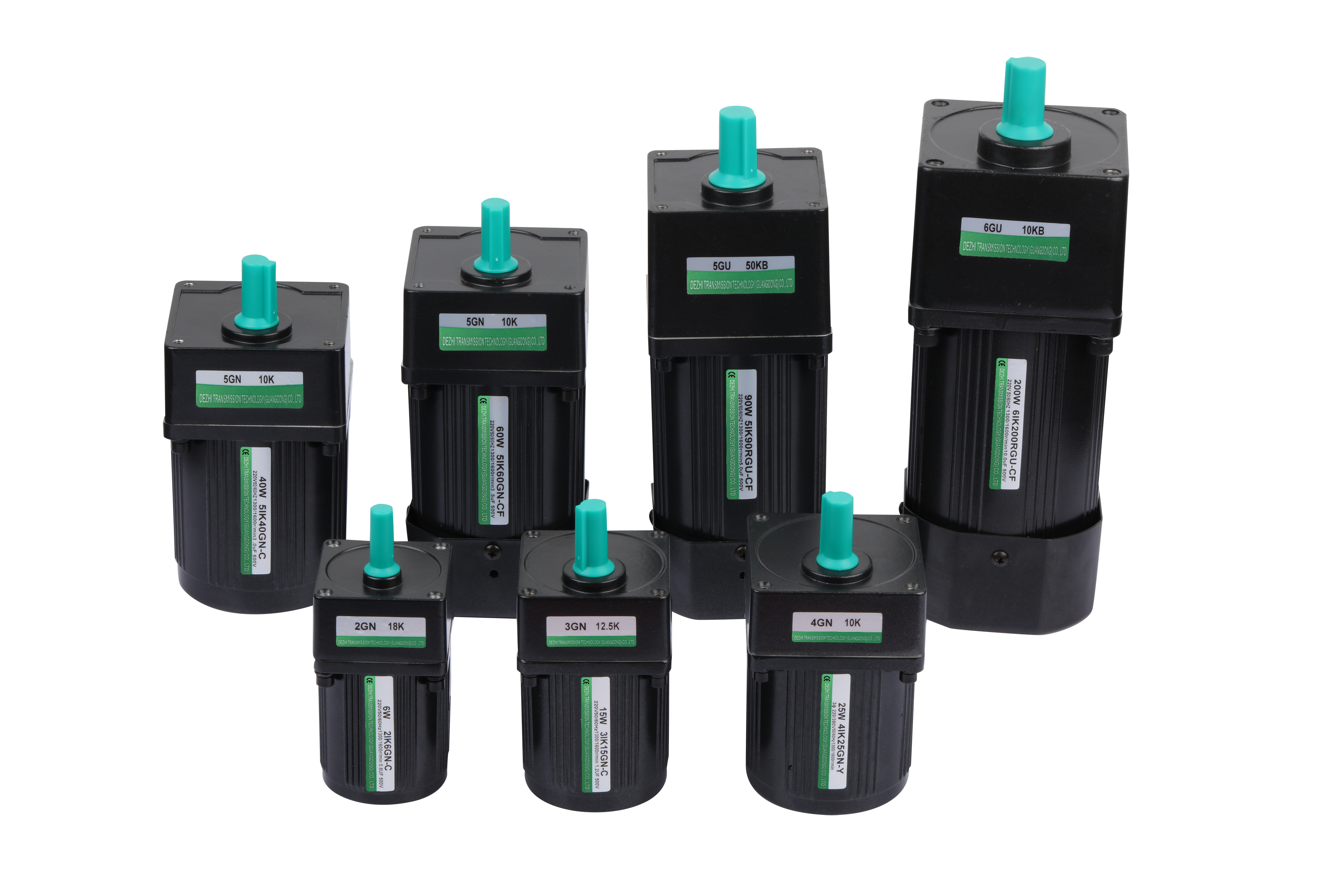Source:Industry News Release time:2022-12-16 Clicks: Popular:Reduction motor manufacturer

The viscosity of reducer lubricating oil is mainly achieved through base oil and viscosity index improver. The viscosity of a lubricating oil is related to its molecular structure and molecular weight: the greater the average molecular weight, the greater the viscosity of the oil. In terms of base oil, mineral oil-type lubricating oils include lubricating oils refined from white wax base crude oil, smooth oils refined from naphthenic base crude oils, and smooth oils refined from intermediate base crude oils. The viscosity-temperature function of the lubricating oil refined from white wax-based crude oil is better than the other two. A good tackifier requires not only high tackifying ability and good shear stability, but also excellent low-temperature functionality and thermo-oxidative stability.
Viscosity index agents with poor shear stability will have a series of effects on wear, fuel consumption, etc. due to the breakage of the main chain of the polymer and the reduction of molecular weight under the action of shear stress. For lubricating oils with the same viscosity brand, if unrefined base oil and an agent with a poor viscosity index are used, although a certain viscosity standard can be achieved after preparation, the viscosity-temperature performance, shear stability and other functions are not safe and cannot meet the requirements. Some life cycles. Therefore, for low-speed and heavy-duty cement reducers, try to avoid using this kind of lubricating oil and choose high-quality lubricating oil because its base oil and adhesive are better.
The higher the viscosity of the reducer gear oil, the stronger the maintenance ability to prevent damage to the tooth surface, so the wear of the reducer is smaller. However, if the viscosity is too high, the abrasive particles will not easily settle, which reduces the flushing and heat-absorbing cooling effects of the lubricating oil on the tooth surface, resulting in poor lubricity. The wear particles suspended in the oil enter the meshing area together, easily causing abrasive wear. In addition, excessive viscosity will increase transmission resistance, tooth surface temperature and power consumption.
Recommended reading
Related Information
Planetary reducer
2021-04-15Stepper motor
2021-04-14CGXK115
2021-01-13Rod motor
2021-04-17Stepper motor series-42 series
2021-01-13Accessories
2020-12-21Planetary reducer
2021-04-15CGX085
2021-01-13Planetary reducer
2021-04-15CGXZK085
2021-01-13CGX115
2021-01-13Stepper motor
2020-12-21CGX042
2021-01-13CGXZK115
2021-01-13CGF-090L1-10-P2
2020-12-21In what industries are hard-tooth surface reduction motors used in light-load motor equipment?
2022-09-21Design principles of hard tooth surface reducer in automation applications
2022-09-23Common troubleshooting methods for linear reduction motors
2022-06-17Introduction to the advantages and disadvantages of three different control methods of stepper motor
2022-05-26Stepper motor manufacturers introduce the main parameters and characteristics of stepper motors
2022-06-14Stepper motor selection steps and parameter considerations
2022-07-16Disassembly and assembly method of right angle reduction motor
2022-11-07Analysis of measurement methods for stepper motor speed changes
2022-07-14Classification and introduction of reduction motors
2022-08-04What is the function of plastic hard tooth surface reduction motor?
2022-09-19Common problems and solutions for right angle reduction motor accessories
2022-10-29There are several types of linear reduction motors
2022-11-02Introduction to stepper motor drive control chip types
2022-07-07What are the accessories for right angle reduction motors?
2022-10-15How to calculate linear reduction motor torque
2022-10-18